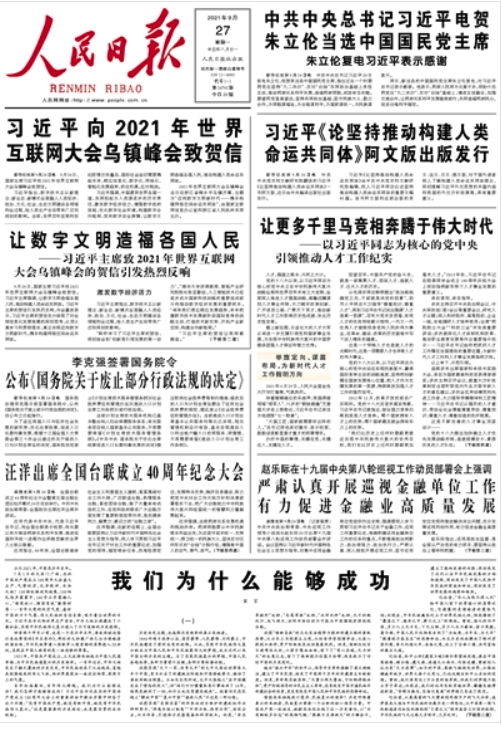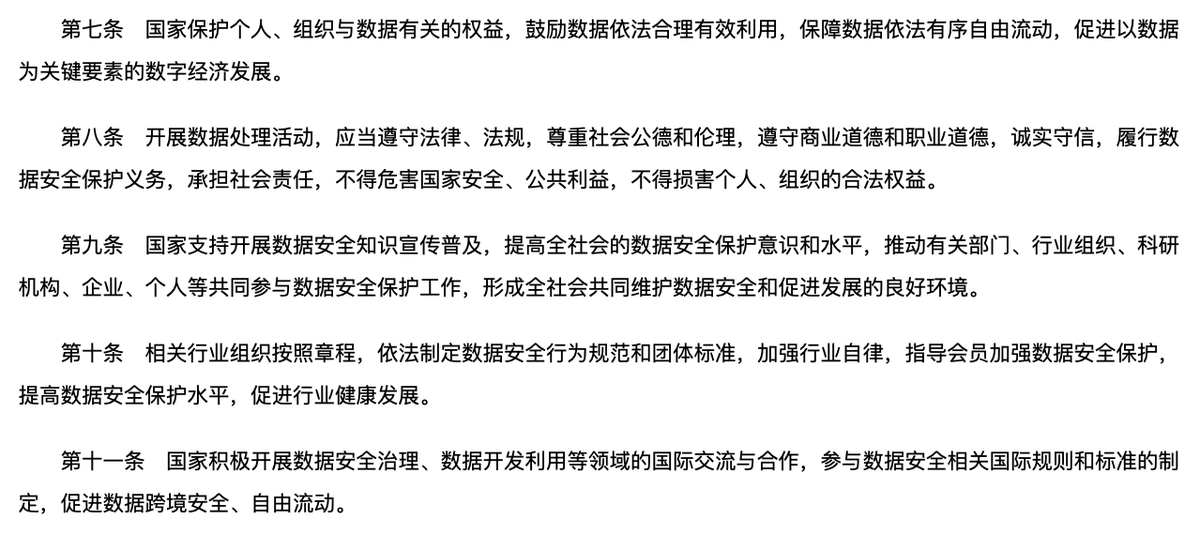
Over the past few days, there have been countless comments claiming that this is no big deal as the restrictions have always been there.
I don't think this is the case. Let me explain in this thread by comparing the 2021 list with the 2020 list:
I don't think this is the case. Let me explain in this thread by comparing the 2021 list with the 2020 list:
https://twitter.com/henrysgao/status/1446502430988922880
1. The 2021 list is a very broad ban on everything relating to the news media sector, while the 2020 list does allow non-public capital participation, subject to equity caps. 

2. While many of the items banned in 2020 remain banned in 2021, there have been many important additions on the 2021 list, including banning non-public capital from engaging in news reporting & editing, public account, importing foreign news, holding news summits or prize awards 

& "news and media sectors and live broadcast services of activities and events involving politics, economy, military, diplomacy, major society, culture, science and technology, health, education, sports, etc".
Now anyone still gonna tell me there's no change?
Keep the change.
Now anyone still gonna tell me there's no change?
Keep the change.
• • •
Missing some Tweet in this thread? You can try to
force a refresh



















